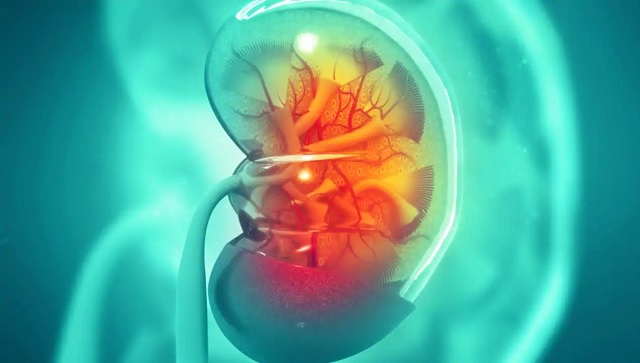Kidneys can be affected by many diseases. The common causes of kidney disease are Diabetes Mellitus, hypertension, drug-induced kidney injury (medications which are toxic to the kidney can damage the kidneys) and lastly hereditary and genetic diseases. As per current medical advances, approximately 60 genetic diseases are known to directly or indirectly affect the kidneys. These are relatively uncommon and the symptoms may range from mild to severe. Special tests and expertise is required to identify these diseases and plan the management for the same. Sometimes a combined approach to diagnosing these diseases is required as these diseases may affect various parts of the body (organs) at the same time. What are genetic diseases? Some diseases are said to run in families when more than one person in a family has the same kind of illness. For example, sickle cell anaemia, thalassemia etc. These are caused by genetic mutations and can be passed on from parent to child. Some types of kidney disease may be inherited due to genetic defects and may run in families. Although rare in occurrence (less than 10 per cent of all kidney diseases), the commonly seen genetic conditions affecting the kidney may be the following:
- Autosomal Dominant Polycystic Kidney Disease ( ADPKD) – this is the most common genetic disorder which can run in families and causes ballooning of kidney filters ( cysts) and gradually replacing the whole kidney with cysts and lead to end-stage kidney disease requiring lifelong dialysis or transplantation. This disease affects one in 800 people
- Autosomal recessive Polycystic Kidney Disease (ARPKD): This condition is also similar to the above-mentioned ADPKD. The disease manifests in early to late childhood. This disease affects 1 in 20,000 people
- Thin basement membrane disease, Gitelman and Bartter syndrome, Alports syndrome affecting collagen, Cystinosis, Fabry’s disease, Nephronophthisis and tuberous sclerosis are a few other diseases, which are genetic in origin and can be seen running in families.
There are diseases, which seem to affect multiple family members and may be noted to run in families, but may not be due to genetic mutations. Genetic diseases are not in an individual’s control, but non-genetic diseases are in one’s control. Environmental causes, pollutants, a person’s or family’s lifestyle, and dietary habits in a combination of genetic factors may cause these diseases. Environmental and social factors influence and change genes to make them mutate for good or bad. A healthy lifestyle and good environment free of pollutants help in preventing genetic changes and hence prevent many diseases. Some of these lifestyle factors include avoidance of smoking or tobacco use. Consuming plenty of fresh fruits and vegetables with adequate physical exercise. Genetic diseases of kidneys have been researched extensively and now have advanced treatments which can prevent organ and tissue damage. It is important to identify and diagnose early to prevent further injury. Further, if a family is known to have these genetic diseases, future generations and pregnancies in those families can be screened for the presence of these genetic variations in utero and intervention done in time to prevent a child from being born with these diseases can be successfully undertaken in today’s scientific era. The author is a Consultant Nephrologist and Renal Transplant Physician at Mumbai’s Global Hospital, Parel, Mumbai. Views are personal. Read all the Latest News , Trending News , Cricket News , Bollywood News , India News and Entertainment News here. Follow us on Facebook, Twitter and Instagram.


)

)
)
)
)
)
)
)
)



